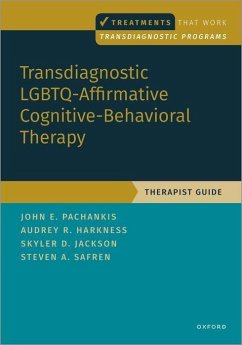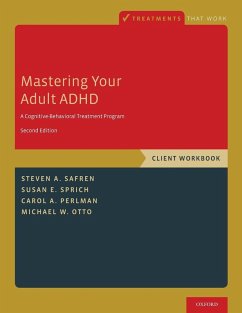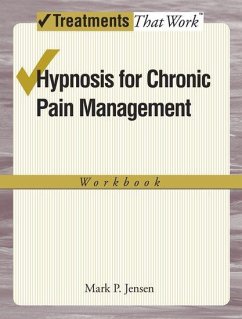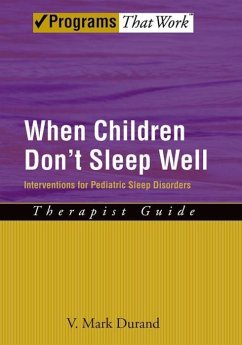David H. Barlow, PhD, is Professor of Psychology and Psychiatry emeritus, and Founder of the Center for Anxiety and Related Disorders at Boston University. He is editor-in-chief for the TreatmentsThatWork series of therapist manuals and patient workbooks, as well as editor of The Oxford Handbook of Clinical Psychology. Dr. Barlow has published over 600 articles and chapters and over 80 books and clinical manuals, mostly in the area of the nature and treatment of emotional disorders and clinical research methodology. Todd J. Farchione, PhD, is a Research Associate Professor in the Department of Psychological and Brain Sciences, Center for Anxiety and Related Disorders, Boston University. Dr. Farchione's research focuses on the nature, assessment, and treatment of anxiety, mood, and related disorders. He has published over 60 articles and chapters in this area. Shannon Sauer-Zavala, PhD, is a Research Assistant Professor in Boston University's Department of Psychology, as well as the Director of the Unified Protocol Training Institute. Her research is focused on identifying factors that maintain symptoms across broad classes of psychological disorders and using this information to streamline treatment for commonly co-occurring diagnoses. Dr. Sauer-Zavala has over 60 peer-reviewed publications in this area and is currently funded by the National Institute of Mental Health to continue this work. Heather Murray-Latin, PhD, is a Research Assistant Professor in the Department of Psychological and Brain Sciences at Boston University. Jacqueline R. Bullis, PhD, is an Instructor in the Department of Psychiatry at Harvard Medical School and a clinical researcher in the Division of Depression and Anxiety Disorders at McLean Hospital. She completed her doctoral training in the clinical psychology program at Boston University Kristen Ellard, PhD, is an Instructor in Psychology, Harvard Medical School and an Assistant in Psychology and Clinical Research Fellow at the Massachusetts General Hospital Department of Psychiatry's Dauten Family Center for Bipolar Treatment Innovation and Division of Neurotherapeutics. Kate H. Bentley, PhD, is a Clinical and Research Fellow at the Massachusetts General Hospital/Harvard Medical School, and previously completed her doctoral training in the clinical psychology program at Boston University. Hannah Boettcher, M.A., is a predoctoral intern at the VA Medical Center in Lexington, Kentucky, and completed her doctoral training in the clinical psychology program at Boston University. Clair Cassiello-Robbins, M.A., is an advanced doctoral student in the clinical psychology program at Boston University.
















